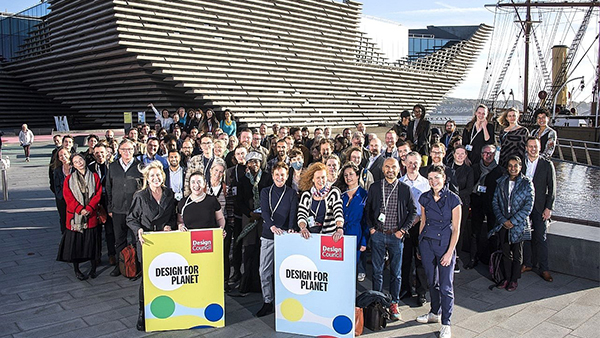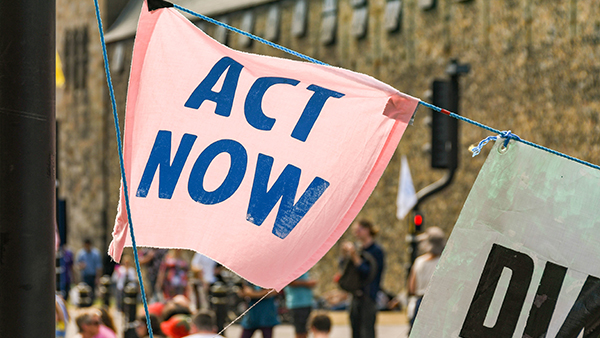OK folks, I need your help. For some time I have wanted to develop a speech applying cultural theory to policy dilemmas and organisational change. To help make the speech engaging, I want to start with an audience experiment, but I need to test it out before taking it on the road. This is where you, my clever, generous, loyal blog readers, come in.
The experiment is to describe, in the simplest of terms, the four cultural theory perspectives on an issue (to start off I have chosen climate change) and then to ask the audience to pick the one to which they are most attracted. Second, I want each of the four self selecting groups to choose which of the three remaining positions they favour least.
To work well, I need two things to happen. First, the audience has to be willing to choose. This may be hard because they are bound to think there is some truth in more than one of the propositions. Second, I need to get a reasonably even spread between the options; otherwise the whole idea of the four perspectives is undermined. A bonus would be if some kind of pattern emerges between people’s likes and dislikes.
Here’s what I am asking you to do. Pick which one the following four statements about climate change most attracts you. Don’t think about it too much; go with your initial instinct. Then identify which of the remaining three you least favour. Finally, tell me – briefly please – if you think the whole exercise is interesting or silly.
1. We will only tackle the threat of climate change if we fundamentally change the way we think about our relationship to the environment. Lifestyles in the developed world are unsustainable. We have to learn to live differently, taking responsibility for our duty to the world we inhabit and to future generations.
2. The climate change challenge will only be solved by decisive global leadership. A powerful new Copenhagen Treaty is vital. We need an enforceable framework of rules so that Governments of every nation in the world deliver their contribution to addressing this threat.
3. Climate change is a huge challenge but human beings can rise to that challenge, as we have done to challenges past. With the right framework of incentives, markets and technological innovation will generate solutions allowing us to be prosperous and green.
4. For all we know climate change – if it is real - may already be unstoppable. Despite all the rhetoric and people jumping on the bandwagon, we won’t do anything serious about it until we really have to, and by then it may be too late.
So, please, choose one of these, then, choose the one you find least convincing, then - if you want to - tell me if you think I could pose the question better.
I am looking for a sample of about 100, so do please pass it on.
Thanks
Related articles
-
Regenerative organisations: the time is now, the place is here
Joanna Choukeir
Regenerative organisations are vital to our regenerative future. The time is now for the RSA to emerge as such an institution.
-
A design revolution for the climate emergency
Joanna Choukeir
Joanna Choukeir on Design for Planet, the global gathering of designers during COP26, and the changes design must make.
-
The public are ready to go further and faster on net zero
Anthony Painter
The public are ahead of policy-makers and, indeed, most of the business world. COP26 is an enormous opportunity to catch up. Global leaders should take it.




Be the first to write a comment
Comments
Please login to post a comment or reply
Don't have an account? Click here to register.